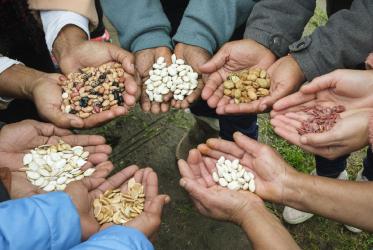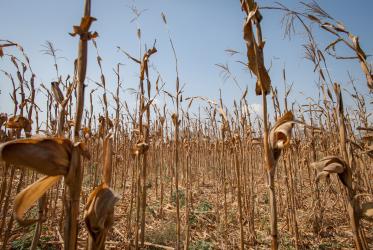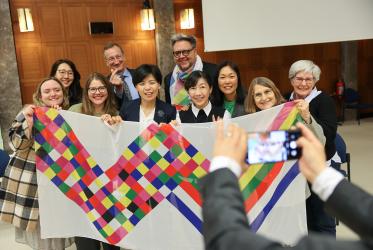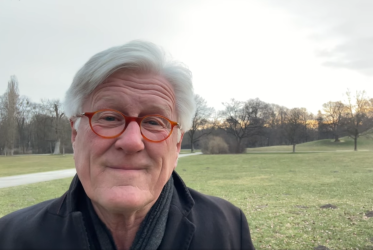In the context of extensive migrations due to climate change and economic hardships, women are increasingly being left alone in rural areas, taking care of children, elders, and farms. It is estimated that women are responsible for carrying out 70% of agriculture in the world. However, few have legal rights to land and property and have poor access to resources. Much of the work women do in the context of providing for livelihood and care is not sufficiently acknowledged.
While the sweat and blood of women fuel the hospitality that we provide as a society, it is often men who take the credit. But the women who provide- are themselves the last to eat. Many communities accept as a norm, the preferential feeding of the man first, followed by serving the elders, then the boys, followed by girls, and the mother is the last to eat. The providers and carers are more susceptible to malnutrition, disease, and abuse.
The parable Prophet Nathan recounts to rebuke King David (2 Samuel 12), leading David to unwittingly set the rules for his prosecution and conviction also can remind us of the injustice that is perpetuated while extending hospitality.
The rich man who had very many sheep and cattle is like 'men'. The poor man had nothing but one small ewe for which he cared for as one of his children- can be compared to 'women'. When the guest arrived, the wealthy host was too miserly to take any of his own sheep or cattle to prepare for the guest who had come to him. Instead, he took the poor man’s ewe and prepared it for the guest who had come to him.
When women provide, sustain, care for, and feed, men take the credit for all the effort and tend to shirk from their responsibility as equal partners with women in the eyes of God.
May Prophet Nathan convict us of the injustices we perpetuate each day, and may we repent and seek redemption. May society become transformed, just, and commitment to ensure that women can realize their rights and entitlements and lead full and enriched lives!







